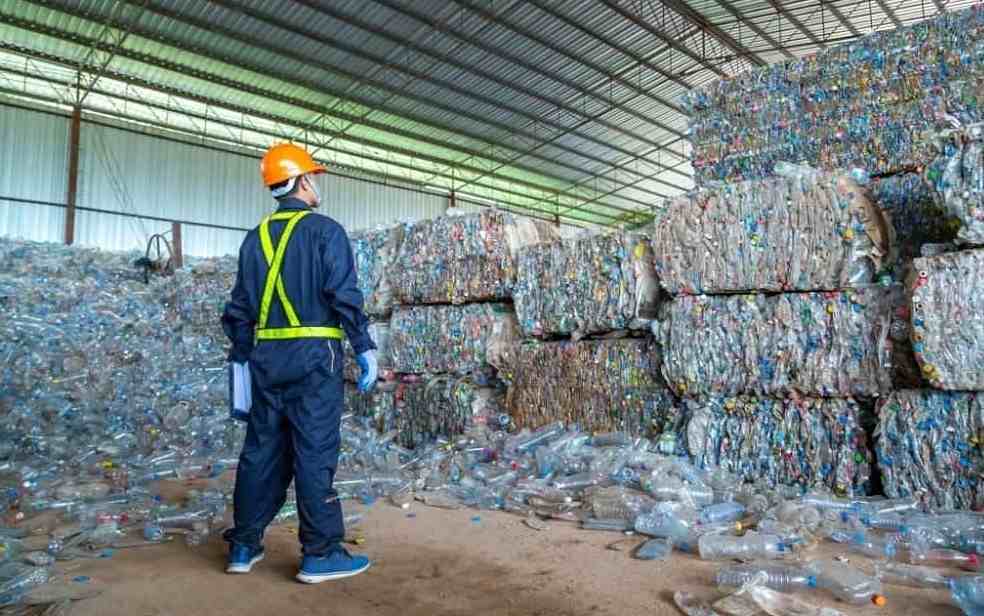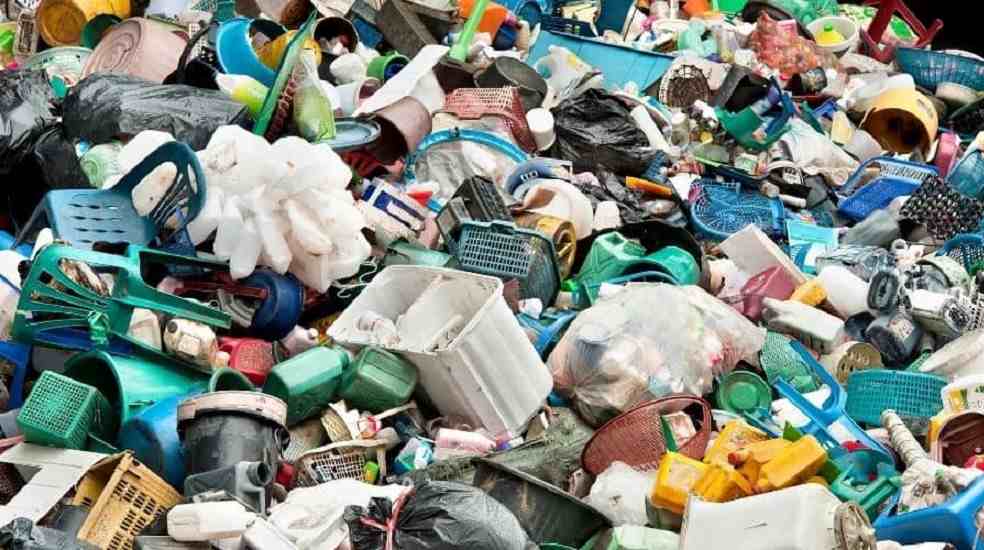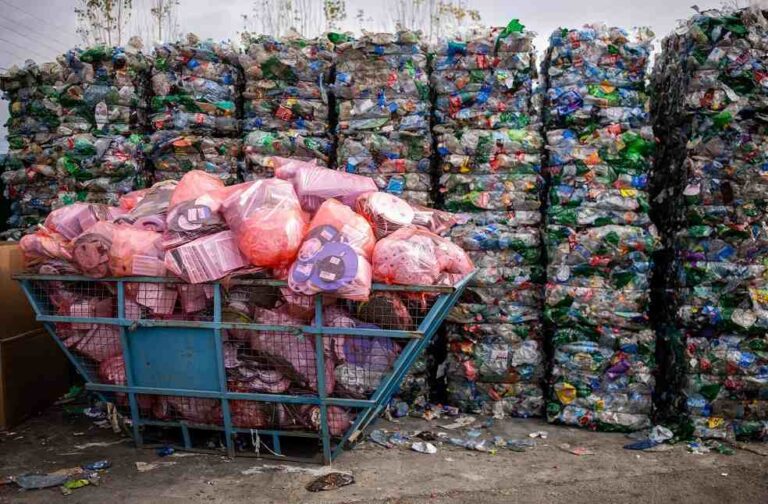The European Union has reached an agreement to halt plastic waste export practices, to non-OECD (Organisation for Economic Co-operation and Development) countries, commencing from mid-2026. This decision emerged as global leaders convened in Nairobi, Kenya, to draft a treaty on plastic pollution.
Danish MEP Pernille Weiss, representing the EPP group, stressed the EU’s commitment to responsible waste management. She highlighted the plan to stop exporting plastic waste to less affluent nations, emphasizing the need for environmental and health protection.
Pending approval from the European Council and Parliament, the new rules will enforce strict controls on plastic waste exports to wealthier nations and eliminate such exports to non-OECD countries. Post the five-year term, nations can apply to import EU plastic waste, contingent on demonstrating their capability to process it responsibly.

Statistics reveal that most of Europe’s plastic waste is incinerated, with only a small portion recycled. Environmentalists express concern about the fate of exported waste, often ending up in landfills or water bodies. Environmental Investigation Agency’s Lauren Weir commended the EU’s stance but called for a broader ban on plastic waste exports, citing the urgent need to address global plastic pollution.
The policy also allows the export of certain non-plastic wastes to non-OECD countries under strict environmental and social conditions. This decision raises the prospect of increased waste flow to OECD countries like Turkey. Microplastics expert Sedat Gündoğdu from Çukurova University in Turkey voiced his concerns over the absence of a comprehensive export ban, particularly given Turkey’s status as a significant importer of EU plastic waste and an OECD member.

The EU’s move to restrict plastic waste exports to poorer countries signals a shift towards greater environmental accountability. While this represents a positive step, experts and advocates urge for more encompassing measures to combat the growing challenge of plastic pollution globally.
IMEX SECTOR | India Eyes Brazil for New Pulse Import, Diversifies Global Supply



